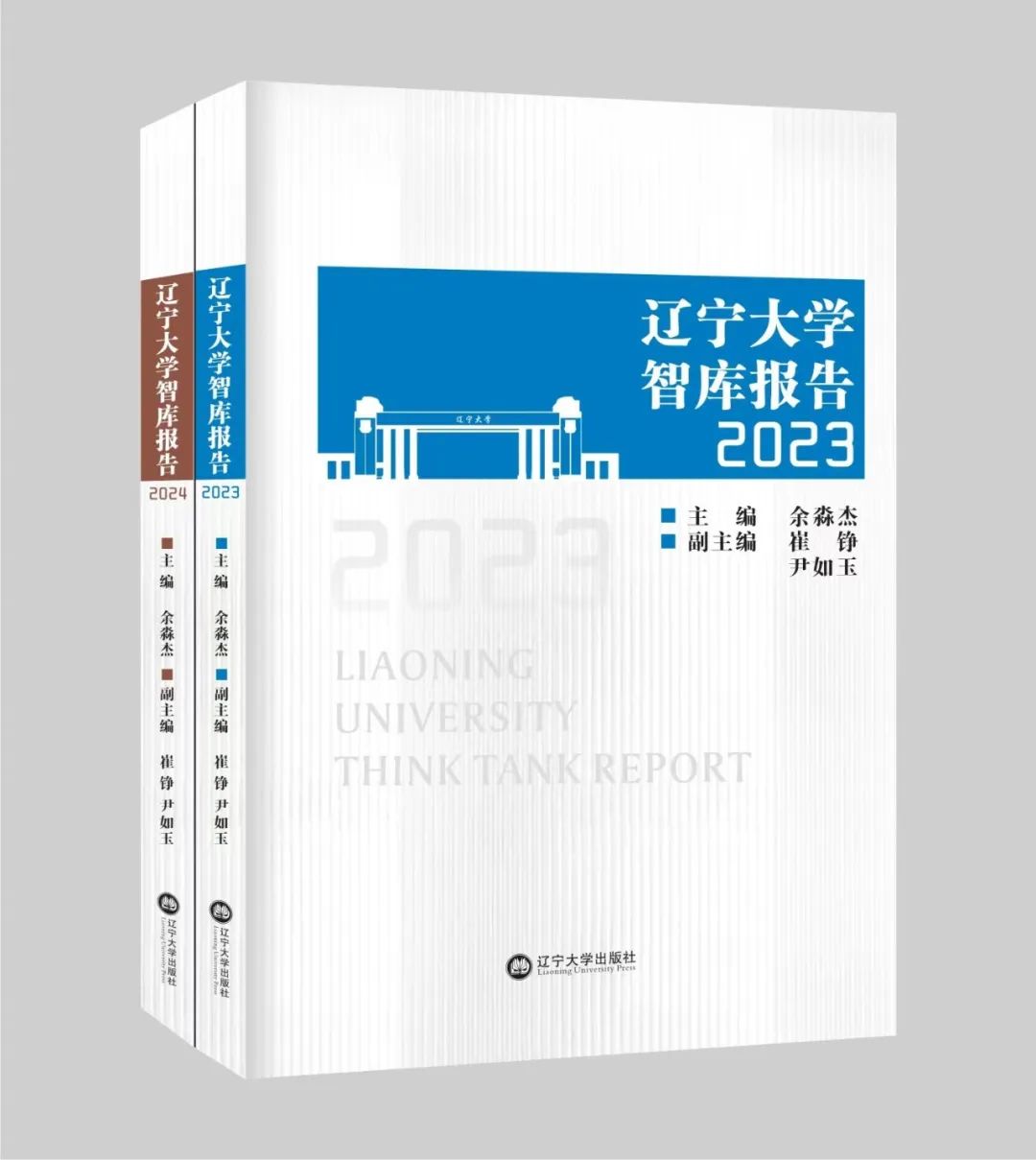2023 Liaoning University Think Tank Report, edited by Yu Miaojie as Chief Editor, and Cui Zheng and Yin Ruyu as Associate Editors, was published by Liaoning University Press in April 2024.

The ‘Introduction’ to the book is reproduced here:
“Promoting the high-quality development of new think tanks with Chinese characteristics is an important mission entrusted to universities.
In December 2022, Liaoning University established the China Open Economy Research Institute, built on 11 existing provincial key new think tanks, utilizing more than 50 scientific research platforms, integrating first-class discipline resources and research forces, and collaborating with well-known domestic and foreign research institutions as well as experts and scholars. It is committed to exploring the development path of new think tanks based on Liaoning, centering on serving Northeast China, and spreading services nationwide. The book is fully committed to writing a new chapter in serving the country's high-level ‘opening up’ to the outside world.
Based on that idea, the Institute has adopted a combination of normative analysis, qualitative analysis, and theoretical research methods, focusing on the achievements and challenges faced by various regions in Liaoning in the process of Northeast revitalization in the new era at the practical level. It has used empirical research and field research methods to deeply explore the texture of Liaoning's economic development, and adopted a ‘one city, one solution’ approach to provide real case analysis for creating a new situation of Liaoning's revitalization and development. The book is composed of five parts: Chinese path to modernization, high-quality development, ‘opening up’, cultural heritage and higher education, and urban research. It has collected 33 research reports written by experts and scholars organized by the China Open Economy Research Institute in 2023. The research results provide valuable references for policy formulation and academic research in domestic government agencies, state-owned enterprises, and higher education institutions.”
